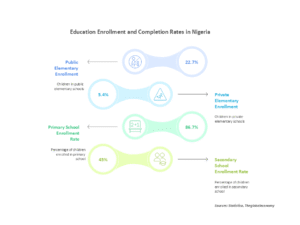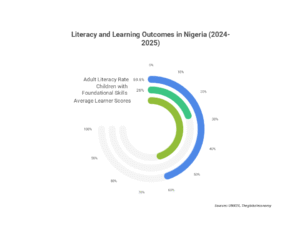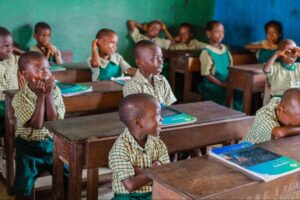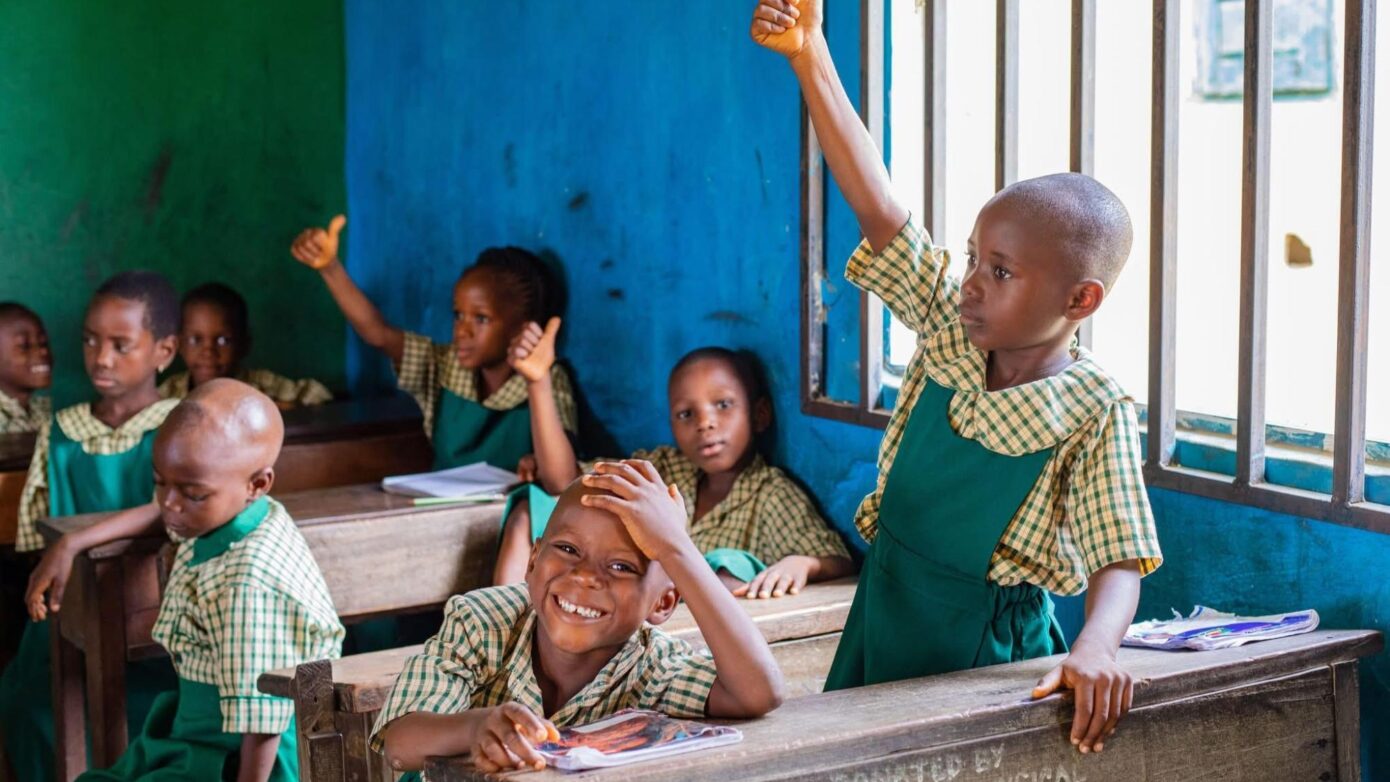Nigeria’s future prosperity will be shaped by the skills of its children today. Yet, beneath the surface of rising school enrolments lies a more urgent and troubling reality: millions of pupils are leaving school without the ability to read fluently, write clearly, or solve basic mathematical problems. This silent crisis in foundational learning is not just an educational issue; it is a social and economic emergency with long-term consequences for national development.
For too long, progress in education has been measured by new school buildings or enrolment statistics. While these matters, they do not guarantee that children are learning. Foundational learning: the ability to read, write, and do basic arithmetic by around age 10, is the single most reliable predictor of a child’s future academic success and life opportunities. Research shows that children who fail to master these skills by Primary 3 are far more likely to drop out, limiting their potential and perpetuating cycles of poverty, unemployment, and vulnerability.


Improving foundational learning is not simply an act of social responsibility; it is one of the most cost-effective strategies for national growth. Countries that invest in foundational literacy and numeracy consistently see long-term boosts in productivity and GDP. For Nigeria, with one of the world’s largest youth populations, this is an opportunity that cannot be missed.
A New Model for Systemic Change
The path forward requires more than isolated interventions. It calls for systemic reform that equips teachers, empowers school leaders, and provides real-time visibility into what is happening in classrooms every day. This is the approach championed by NewGlobe, an evidence-backed partner to state governments working to deliver large-scale, measurable improvements in learning outcomes.
NewGlobe’s model is built on three interconnected pillars:
- Structured Pedagogy and Digital Tools that help teachers deliver high-quality lessons tailored to pupils’ actual learning levels.
- Real-time Data Systems that enable education leaders to monitor attendance, lesson delivery, and pupil progress across thousands of schools, even in remote areas.
- Continuous Teacher Coaching that turns data into action, ensuring that support is timely, targeted, and effective.
This approach does not replace public education systems; it strengthens them from within, aligning with national curricula and fostering a culture of accountability and professional growth.
Evidence of Impact
Across a growing number of states, NewGlobe is partnering with governments to transform how foundational learning is delivered. This is not about replacing public education systems but about making them work as they were intended: aligning teachers, technology, and policy into a single, results-focused chain.
This model is already showing transformative results:
- Bayelsa – Literacy improved by 20 percentage points in just 19 weeks, with enrolment rising from 25,000 to over 40,000 pupils.
- Kwara – Foundational literacy and numeracy gaps halved in under two years, and 60,000 more pupils enrolled.
- Lagos – One of the lowest learning deprivation rates in the country.
Independent evaluations show that pupils in NewGlobe-supported schools achieve up to 53% higher learning gains than those in conventional schools.
A National Commitment Emerging
These successes are shaping a new national conversation. At the recent State-Level Workshop for Foundational Learning and Out-of-School Children in Abuja, hosted by the Nigeria Governors’ Forum in partnership with NewGlobe and UBEC, state leaders, policymakers, and education experts explored how to accelerate this progress. The consensus was clear: access alone is no longer enough; every child must be equipped with the skills to thrive in school and beyond.

The Way Forward
Nigeria has the tools, the evidence, and the models to transform foundational learning. What is needed now is sustained political will, cross-state collaboration, and continued investment in proven, scalable approaches. If acted upon decisively, this generation of children could be the one that reverses learning poverty and builds the foundation for a more prosperous, inclusive future.
The choice is ours. The future of Nigeria’s education system will not be determined by the number of classrooms we build, but by the number of children who leave those classrooms truly able to learn, think, and achieve.


